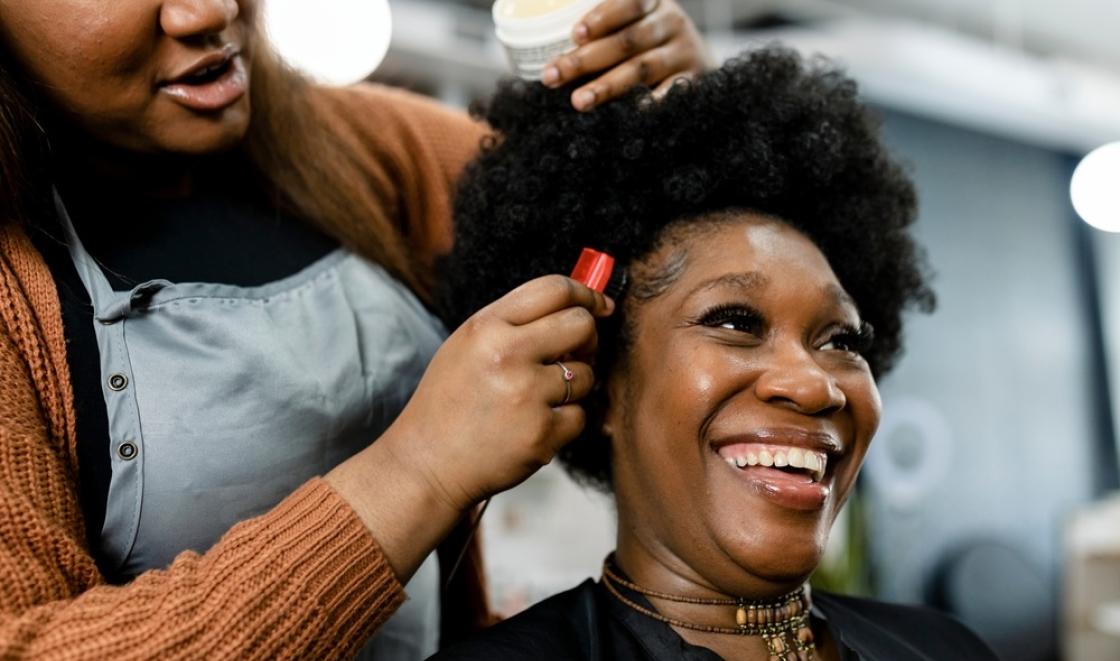How the research will be carried out
Researchers will invite women attending hair salons in deprived and ethnically diverse areas of south and west London to join the study. The research will be carried out in three phases:
Phase 1 (Readiness): the team will consult hairdressers, clients, surgery nurses and health care assistants using online workshops or email feedback to develop a feasible action plan. This plan will identify culturally appealing content that can be used to adapt the online tool, how the tool can be accessed by users, and which salons and GP practices are suitable to participate.
Phase 2 (Intervention development): hairdressers will co-develop the online tool to fit their needs. The researchers will ask clients to try using blood pressure monitors at home with instructions about when to seek help from a nurse. They will train hairdressers in the use of the online tool and simple health promoting messages so they can respond to queries from clients. They will develop a plan of action with stakeholders for testing if hairdressers can encourage clients to have a check-up.
Phase 3 (Feasibility): the team will work with eight hairdressing salons and four GP practices. They will see whether hairdressers can promote the use of the tool by clients to book and attend their GP for a health check-up. They will ask hairdressers and clients about what enabled or prevented use, including any technological, financial or cultural factors. They will ask nurses and staff at the surgery about their experiences of supporting the hairdressers. The team will also collect data on recruitment of salons, hairdressers, clients, use of the online tool, attendance to GP for a check-up, and the numbers who continue to take part for six months.
If successful, these data will be used to design a larger study to examine if the tool reduces the chances of heart disease among women in deprived communities and whether it is good value for money.
Involving the community to co-design the study
This study has been designed in consultation with hairdressers, including a salon owner as co-investigator, and clients. The study targets salons that have clients from diverse ethnic groups. Community stakeholders and hairdressers will be invited to join an expert stakeholder group. The research team will publicise the results through community online forums, and jointly produced audio-visual and written materials for salons, communities and health professionals.
Our collaborators
The research team are collaborating with community groups supporting ethnically diverse women (eg South Asian Health Foundation, BME Health Forum), professional salon groups (eg National Hair & Beauty Federation and the British Beauty Council), GPs, commissioners and policymakers with collaborative partnerships, and NHS engagement and improvement to discuss translation.
This study is funded by the NIHR Research for Patient Benefit (RfPB) Programme: NIHR202769. The project is due to complete by the end of 2023.
Find out more
